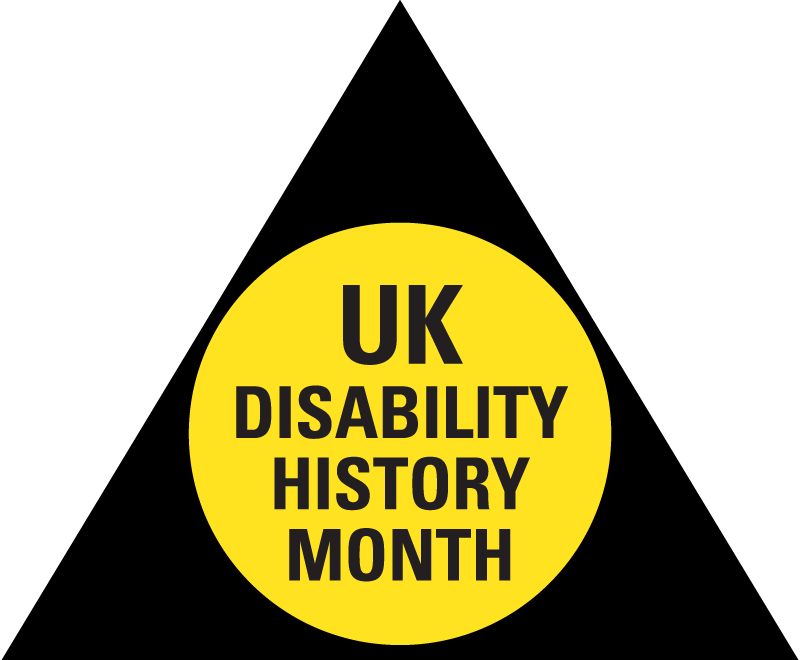Disability History Month will look back to First World War
By John Pring, Disability News Service
This year’s UK Disability History Month (UKDHM) will examine the appalling treatment of veterans who became disabled after fighting in the First World War.
UKDHM was set up to celebrate disabled people’s lives and explore the history of negative attitudes and their consequences, and runs from 22 November to 22 December every year.
Last year it examined the struggle for independent living, and the threat caused by the government’s austerity cuts and its attack on the welfare state, the equality agenda and the UK’s international human rights obligations.
Previous events held during UKDHM have included school assemblies and history projects, film screenings, art and photography exhibitions, plays, university lectures, blogs and poetry evenings.
UKDHM coordinator Richard Rieser is now calling for organisations to start planning their events for this year’s UKDHM.
The fifth annual UKDHM will examine the links between war and impairment – feeding into the centenary of the start of the First World War – and how those veterans who become disabled through war have been treated.
Rieser said: “Every area in the UK was affected by people going off to war and coming back smashed to pieces, and to little help from the state. The whole emphasis was put instead on charitable donations.”
Because of the “disgruntlement” caused by the way disabled veterans were treated after the First World War, a framework of support for disabled people – and not just veterans – began to form as a result of the Second World War.
This framework, which included employment support, decent war pensions and state-funded rehabilitation, lasted until it began to be dismantled by the current coalition and the last Labour government, Rieser added.
He said: “By understanding history, people can see that the austerity cuts and the attack on disabled people and working people in general is a political decision and has nothing to do with economics.
“We are not arguing for any special treatment for disabled service people, we are saying the cuts are hitting all of us. They should be in common cause [with other disabled people] and saying, ‘This is not what should be happening.’”
He is keen that individuals and groups across the country look at what happened to disabled veterans from their families and local areas, and share those findings with UKDHM.
UKDHM also hopes to focus on how civilians have become more and more affected by wars as the twentieth century has progressed.
It will also be collaborating with Anti-bullying Week 2014, which takes place from 17-21 November and is this year focusing on the bullying of disabled young people.
As part of this year’s events, UKDHM has published a document – researched and written by Rieser, with support from the union Unite – examining the treatment of people who became disabled during past wars, particularly the two world wars.
It suggests that although special pleading for charity for disabled veterans has often been common, “generally attitudes and treatment towards disabled people are negative and discriminatory” and in the longer run “those with impairments created in war are also placed in the same negative category as other disabled people”.
While the response of most of the more than two million disabled veterans from the First World War In Britain was to “suffer in silence”, a minority fought for “rights not charity”.
Rieser quotes Viscount Castlerosse, a disabled veteran, writing in the Sunday Express in 1932. “Instead of demanding our rights we went hat in hand asking for charity,” he wrote. “We ought to have gone bayonet in hand demanding our rights.”
The document also looks at the creation of Remploy after the Second World War, shell shock – first recognised in print in 1915 and now known as post-traumatic stress disorder – and advances in battlefield medicine.
It concludes: “Although service people have been given a slightly better position than other disabled people, they are still subject to negative and oppressive treatment.
“Without their struggles we would not have the anti-discrimination legislation we have today.”
The document will be available from Rieser’s website, World of Inclusion, and the UKDHM website.
Organisations and individuals planning events to take place during the month should send details to UKDHM.
18 September 2014
